Friendship may, and often does, grow into love, but love never subsides into friendship
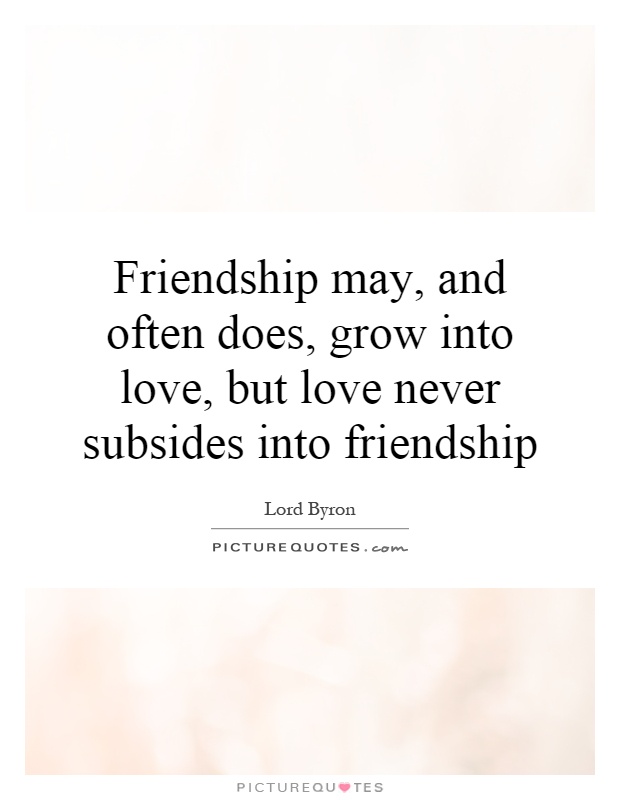
Friendship may, and often does, grow into love, but love never subsides into friendship
Lord Byron, the renowned Romantic poet, was no stranger to the complexities of love and friendship. His own life was filled with passionate relationships and intense emotions, which often spilled over into his poetry. In his works, Byron frequently explored the blurred lines between friendship and love, and the idea that one can evolve into the other, but rarely does the reverse occur.Byron's personal life was marked by tumultuous affairs and intense friendships, many of which blurred the boundaries between platonic and romantic love. One of the most famous examples of this is his relationship with Lady Caroline Lamb, a woman who was infatuated with Byron and pursued him relentlessly. Despite their initial friendship, their connection quickly turned into a passionate and destructive love affair, which ultimately ended in heartbreak for both parties.
In his poetry, Byron often delved into the complexities of love and friendship, exploring the ways in which these two emotions can intertwine and evolve over time. One of his most famous works, "Don Juan," is a satirical epic that follows the adventures of the titular character as he navigates the treacherous waters of love and friendship. Through Don Juan's various escapades, Byron explores the ways in which love can grow out of friendship, but rarely does it ever revert back to a purely platonic relationship.
In the context of Byron's own life and work, the idea that friendship may evolve into love, but love never subsides into friendship takes on a deeper meaning. For Byron, love was a powerful and all-consuming force that could not be easily contained or diminished. Once love had taken hold, it was nearly impossible to revert back to a simple friendship, as the emotions and connections forged in love were too strong to be easily undone.
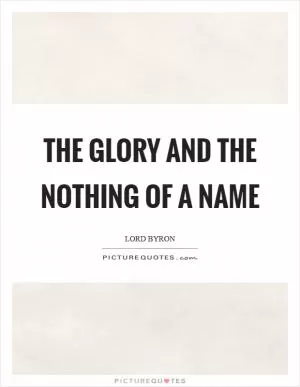
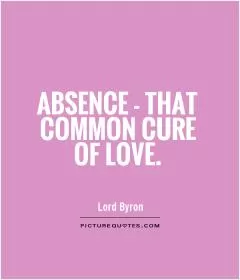
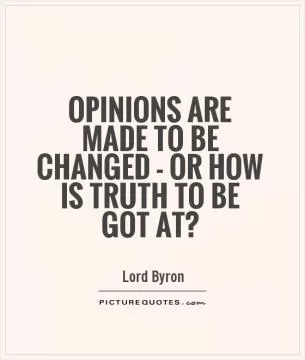
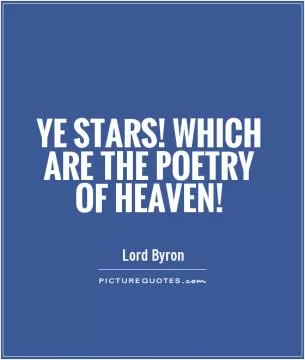
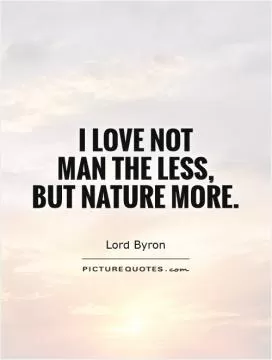
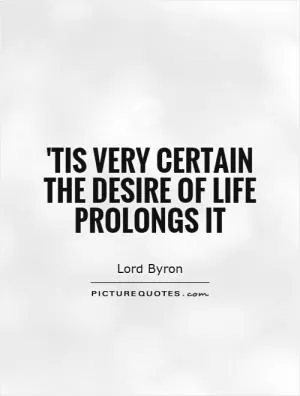
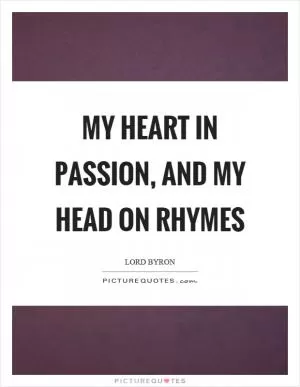
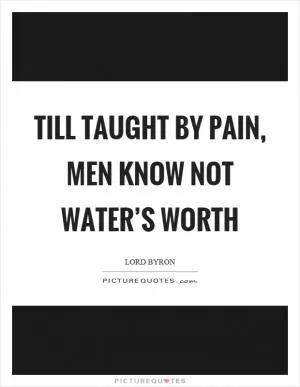




 Friendship Quotes
Friendship Quotes Love Quotes
Love Quotes Life Quotes
Life Quotes Funny Quotes
Funny Quotes Motivational Quotes
Motivational Quotes Inspirational Quotes
Inspirational Quotes